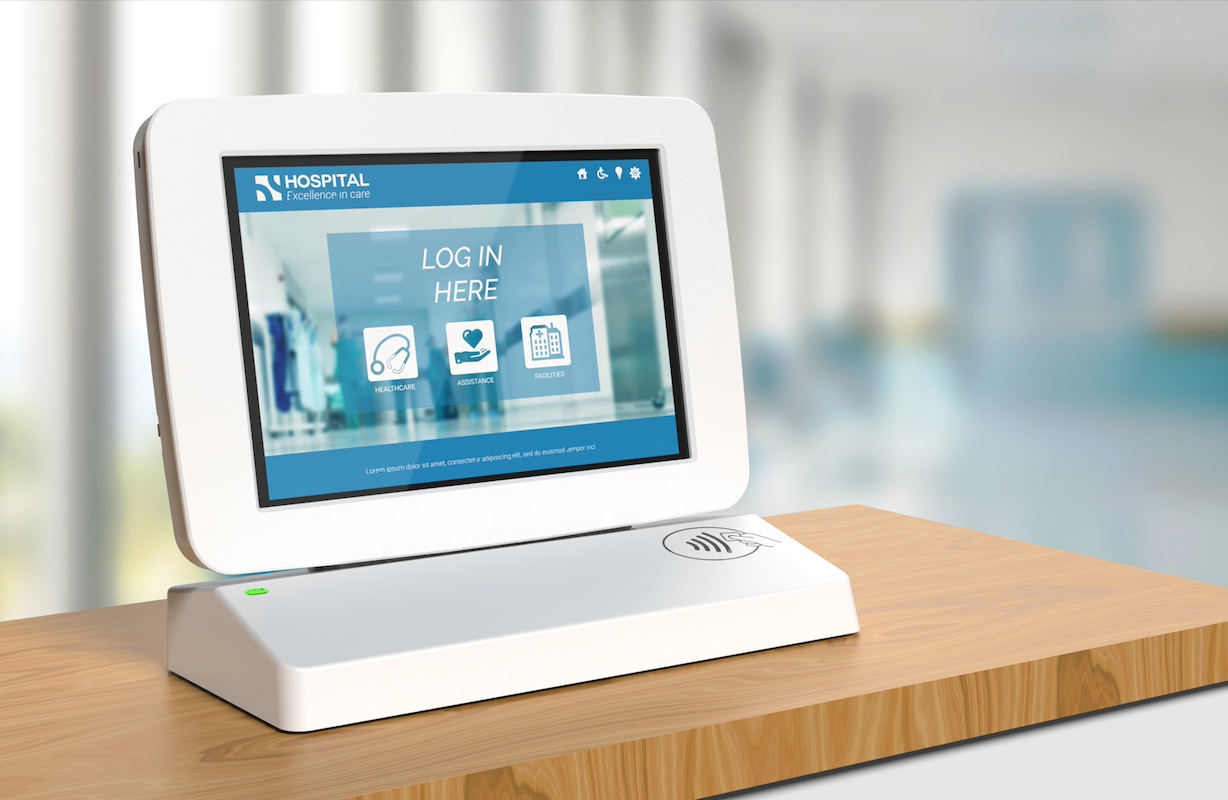Improving Patient Care: The Role of POS Systems in Healthcare Facilities

In the dynamic world of healthcare, delivering high-quality patient care while managing administrative tasks efficiently is paramount. Point-of-Sale (POS) systems, though often associated with retail and hospitality industries, are increasingly playing a significant role in healthcare facilities, revolutionizing various aspects of patient care and administrative processes. Let’s delve into how POS systems are enhancing patient care in healthcare facilities.
- Streamlined Patient Check-in and Registration: POS systems enable healthcare facilities to streamline the patient check-in and registration process. Patients can complete registration forms electronically using self-service kiosks or mobile devices, reducing paperwork and administrative burden on staff. Integrated POS terminals capture patient information accurately and securely, expediting the registration process and minimizing wait times for patients.
- Efficient Appointment Scheduling and Management: Appointment scheduling is a critical aspect of healthcare operations, and POS systems simplify the process for both patients and staff. With online appointment scheduling capabilities, patients can book appointments conveniently from their computers or mobile devices, reducing phone wait times and administrative overhead. POS technology also allows staff to manage appointment calendars, send automated reminders, and optimize scheduling to minimize gaps and maximize efficiency.
- Seamless Payment Processing: POS systems streamline the payment process for patients, allowing them to settle bills and co-payments quickly and conveniently. Integrated payment terminals support various payment methods, including credit/debit cards, mobile wallets, and healthcare savings accounts (HSAs). By automating payment processing and reconciliation, POS technology reduces billing errors, accelerates cash flow, and improves financial transparency for patients and healthcare providers.
- Inventory Management and Medication Dispensing: POS systems play a crucial role in managing inventory and dispensing medications in healthcare facilities. Automated inventory tracking ensures that medical supplies and medications are always available when needed, reducing stockouts and minimizing wastage. Integrated POS terminals in pharmacy settings facilitate accurate medication dispensing, dosage tracking, and patient counseling, enhancing medication safety and compliance.
- Patient Engagement and Education: POS technology enables healthcare facilities to engage patients and provide them with relevant health information and resources. Interactive kiosks and digital displays in waiting areas deliver educational content on health topics, preventive care, and treatment options, empowering patients to take an active role in managing their health. POS systems also facilitate communication between patients and healthcare providers, allowing patients to ask questions, request appointments, and access their medical records securely.
- Data Analytics and Reporting: POS systems generate valuable data insights that help healthcare facilities optimize operations and improve patient outcomes. By analyzing patient demographics, appointment patterns, and treatment trends, healthcare providers can identify areas for improvement, implement targeted interventions, and measure the effectiveness of healthcare initiatives. Data-driven decision-making supported by POS technology enables healthcare facilities to deliver more personalized care and drive continuous improvement in patient care delivery.
In conclusion, POS systems are revolutionizing patient care in healthcare facilities by streamlining administrative processes, enhancing patient engagement, and improving operational efficiency. As healthcare technology continues to evolve, healthcare facilities that embrace POS solutions stand to benefit from improved patient satisfaction, enhanced care quality, and optimized resource utilization, ultimately leading to better health outcomes for patients.
